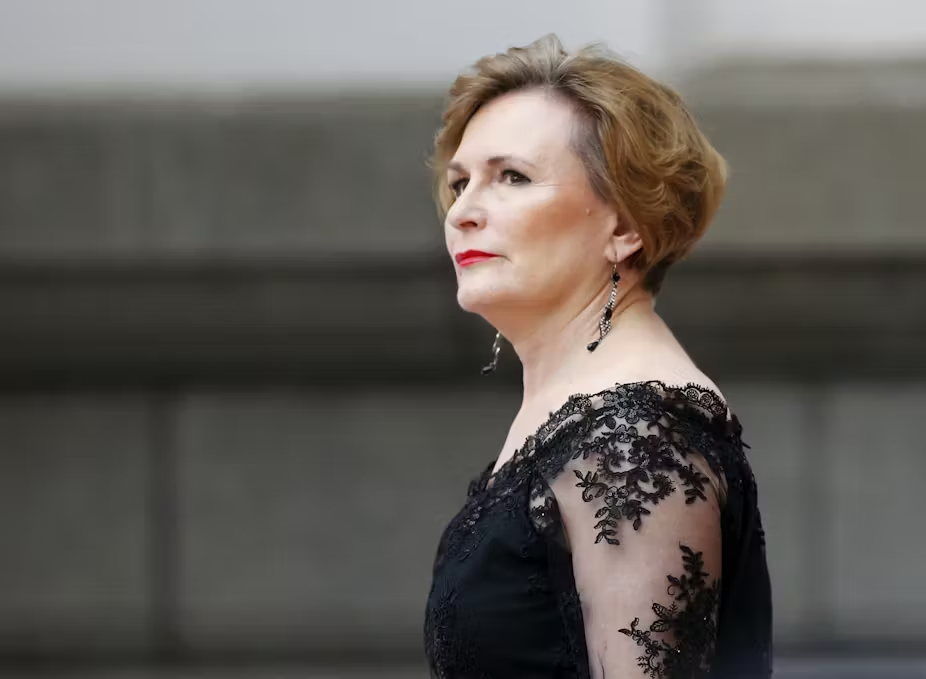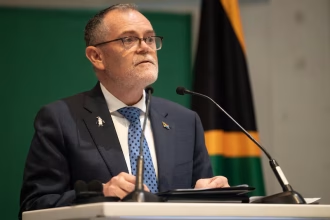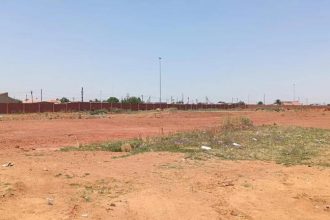Helen Zille, the Democratic Alliance (DA) federal chairperson, has reignited debate over South Africa’s progress since apartheid. In a recent interview on Podcast and Chill, Zille maintained that the country is in a better state now, even during Jacob Zuma’s presidency, compared to the apartheid era.
The former DA leader took the opportunity to address a contentious 2017 tweet that sparked widespread backlash. In the tweet, Zille argued that colonialism’s legacy wasn’t “only negative,” citing developments such as an independent judiciary, piped water, and transport infrastructure as positive outcomes.
The Controversial 2017 Tweet
“For those claiming legacy of colonialism was ONLY negative, think of our independent judiciary, transport infrastructure, piped water,” Zille wrote on X (formerly Twitter) six years ago. This statement triggered accusations of insensitivity and a glorification of colonialism.
On the podcast, host Macgyver Mukwevho (MagG) pressed Zille about her views. He directly asked, “Do you still believe South Africa was better under apartheid?”
Zille Responds: “Find the Tweet, I’ll Pay You a Million Rand”
Visibly frustrated, Zille denied ever saying that apartheid was better. “When did I say that?” she questioned. She further offered a million rand reward to anyone who could prove she made such a claim.
“The country was much better after apartheid, even under Jacob Zuma. It’s just ridiculous how you say one perfectly honest thing, and it grows legs, arms, horns, and a devil’s tail. Nonsense!” she exclaimed.
“Taken Out of Context”
Zille emphasized that her remarks on colonialism’s legacy were misconstrued. She clarified: “I said the legacy of colonialism is not only negative. Obviously, a lot was negative, but let’s keep the stuff that wasn’t. Formal education, hospitals, and electricity generation are part of that legacy.”
A Divisive Debate
While Zille’s comments aimed to focus on specific positive developments during colonial and apartheid eras, her statements continue to polarize public opinion. Critics argue that her remarks downplay the atrocities of apartheid and colonialism, while supporters view her stance as a call to critically evaluate history without dismissing its nuances.
As South Africa grapples with its history, Zille’s perspectives offer a controversial lens on how past legacies shape the present. Whether her views spark constructive debate or further division remains to be seen.












